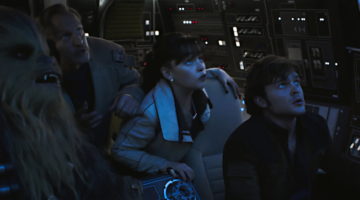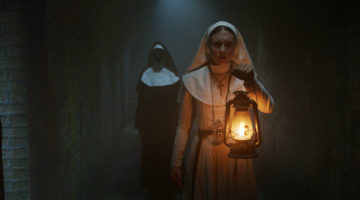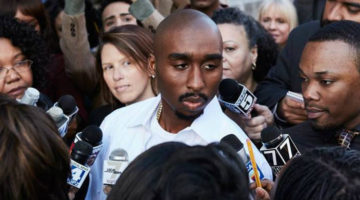Review: 1971
Compared to the often internet aided information leaks of the modern era, the now largely forgotten, but still remarkable efforts of a group of liberal activists in a small Philadelphia suburb during the Vietnam era seem almost quaint in comparison.
On March 8th, 1971 – the same evening as Joe Frazier and Muhammad Ali’s heavily hyped battle at Madison Square Garden – a group of eight protestors with eyes on “non-violently disrupting the system” broke into a probably soon to be shuttered FBI field office in Media, Pennsylvania and stole all the documents they could get their hands on. Initially spurred on by similar break-ins that had been targeting and destroying documents pertaining to the Vietnam draft, these activists instead chose to use these purloined documents for the greater good, clarifying the extent of the FBI’s surveillance programs and ways of infiltrating any organization that the governmental agency deemed a potential threat from the “new left.” Just how quaint and easy was this heist? It was as simple as picking a locked door, walking in, and leaving.
As evidenced in Johanna Hamilton’s debut documentary 1971, the incident was the largest public headache ever faced by long time bureau chief J. Edgar Hoover. But what makes Hamilton’s blend of talking head interviews, archival recollections, and sleekly filmed period re-creations so fascinating is that the actual perpetrators of the leak were never caught. The case against them was quietly closed in the late 70s, and they never spoke about their exploits to anyone before the production of Hamilton’s film.
Speaking with all the available members of the crew that are capable of talking about what happened, Hamilton takes the Errol Morris approach, turning the words of her subjects into cinematically stylish renderings of true events as best she can. It fits the material quite nicely, bringing out the feelings of paranoia and anger the group felt leading up to and following their break-in. The re-creations include a number of the film’s best moments like the group dealing with a potential snitch from within, the moving of a filing cabinet an inch at a time, or a surprisingly tense moment that hinges on knowing the mechanics of a photocopier. Hamilton has certainly taken the right track with the material, and she puts it together quite assuredly.
The first thirty minutes or so might seem dry to some, but there’s a fascinating historical lesson about U.S. politics at home and abroad during the Vietnam and Civil Rights era that’s necessary for the rest of the film to have any impact. Once the plotting starts and the interview subjects start sharing their true feelings about what they did, the story really picks up. After the heist, Hamilton shows how the caper led to one of the greatest victories for the media over a deliberately obfuscating US government with the discovery of COINTELPRO, an FBI code word that, once deciphered and clarified, would lead down a massive rabbit hole to further discoveries about just how closely the bureau was keeping track of American citizens from teachers to a Boy Scout troop that apparently had suspected Communist ties.
Without this watershed moment, there might not have been a Julian Assange or an Edward Snowden (or a Sony hack, if you think about it). There’s not much questioning here if the ends of this group justified the means, but Hamilton’s work nicely shows that sometimes governmental change can come from directly from the people and not always from politicians.
[star v=35]






